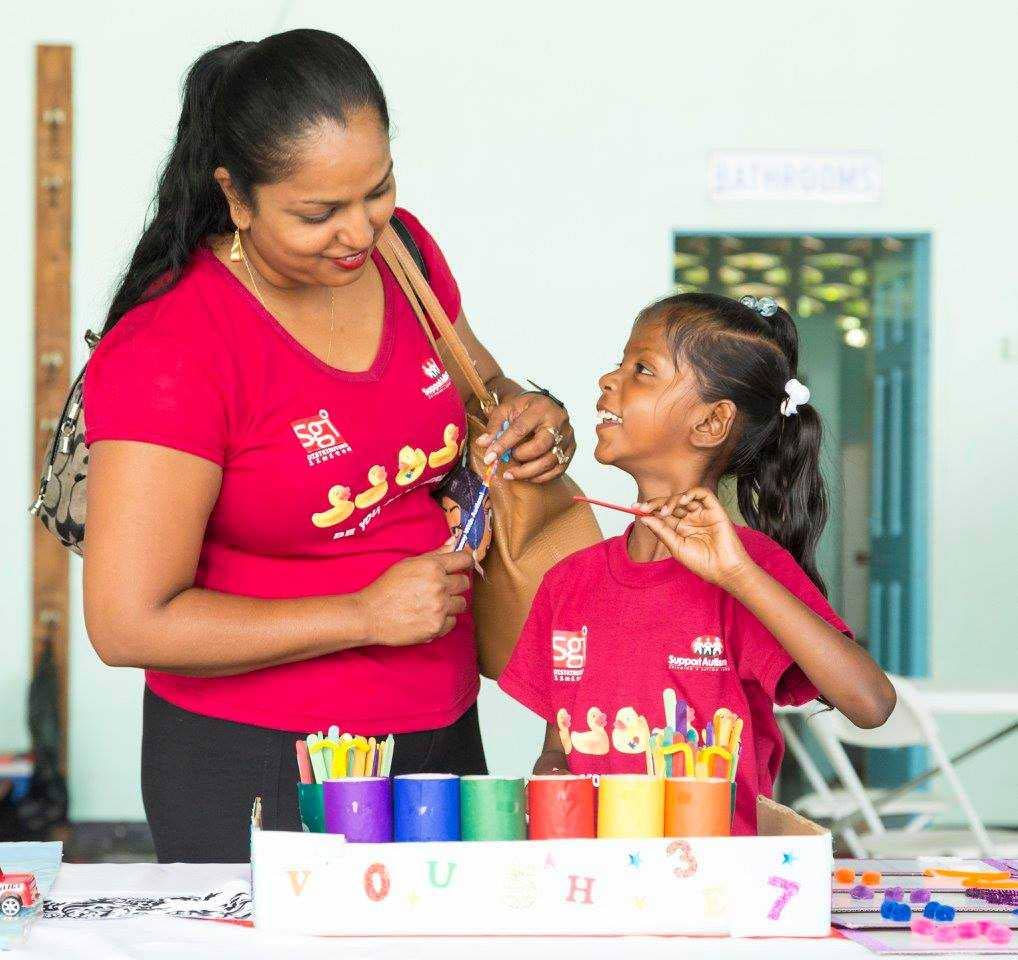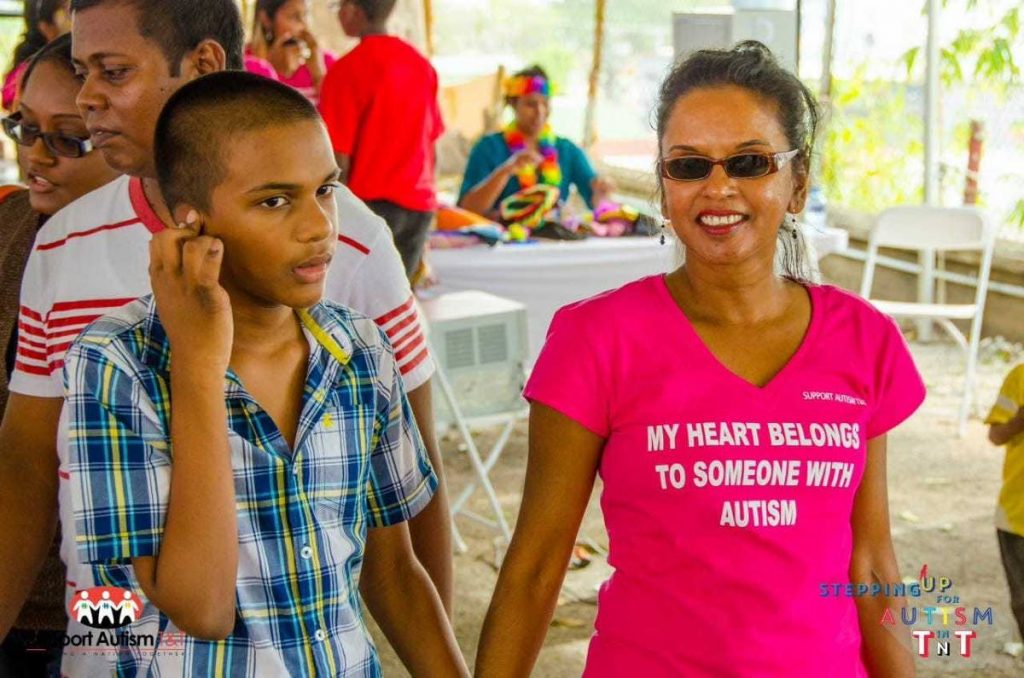Celebrating women advocates

DR RADICA MAHASE
AMANDA is a single mother of a ten-year-old boy with autism. Her husband died in a car accident four years ago. She is a clerk in a clothing store in Sangre Grande. Every single cent she earns goes towards providing for her son.
Kimberley, also a single mother, has an eight-year-old boy with autism. She is a security guard who always asks for night shifts because she needs to be at home during the day with her son.
Nisha is the mother of seven-year-old twin girls, both of them have been diagnosed with autism. She works in a fast food outlet. In addition to taking extra shifts she works taxi on weekends to make enough money to provide for the girls' special needs.
Every single day Amanda, Kimberley and Nisha work hard to provide for their children. All three of them take extra shifts, work overtime and are always looking for ways to supplement their income just to provide for their children. None of them receive any assistance from the state or from anyone else. The money they earn goes towards their children's special needs – babysitting services, therapy, medical supplies, etc.
There are many other women in TT, like these three women, who fight every single day to make sure that their children have the basic needs. In their situation basic needs go beyond food, clothing and shelter for their children. In their case, the fight includes desperately looking for ways to formally educate their child, clashing with school principals who don’t want to take the child in their school or butting heads with teachers who think their child is just harden and can’t learn. It means standing up to relatives who simply don’t understand that your child is different. It means standing up to a society which thinks that the world is only for "perfect" people and your child doesn’t deserve a space in this world. These women are all advocates in their own way and they fight on a regular basis to ensure that their children have opportunities.

These are the women who we should celebrate on International Women’s Day. And celebrating them doesn’t mean in a nice formal ceremony at a posh hotel or a seminar to discuss their issues or even a public walk. It doesn’t mean a nice lunch with lots of fancy speeches. Celebrating International Women’s Day will only become meaningful when those who are in positions to effect change can take the speeches and discussions and seminars and translate them into real everyday practical things that can actually make a difference in the lives of women like Amanda, Kimberley and Nisha.
Sadly we live in a society that only gives lip service to real issues. We discuss issues but we have great difficulties in translating these into policies and when policies are made, we do not implement them. So, at the end of the day, when International Women’s Day is over and the celebrations are done, there is still no real change or impact on the lives of women like Amanda, Kimberley and Nisha.
In TT we need to make the celebration of International Women’s Day about the normal everyday women in our country – the ones who may be uneducated, who are not professionals, who are not the epitome of "success" according to society’s standards. It should be about those women who fight on a daily basis to survive and to take care of their children and reach their goals.
Those women who are from the lower income groups, who are being abused, who have mental health issues – these are the women we need to celebrate and uplift.
And most importantly, celebrations for International Women’s Day should become a forum to conceptualise, develop and implement change in our society so that every single woman will have the opportunity to develop her full potential.
For surely the women who fight every single day to impact on their children; the struggling single mothers and unemployed women who have been turned down by social welfare for a grant because they are living in the homes of their pensioner parents; the ones who are struggling on a daily basis but yet find the inner strength and energy to make sure that their children have basic needs – surely society should also see them as "accomplished women".
It is my hope that future celebrations for International Women’s Day will focus on women like Amanda, Kimberley and Nisha.
Dr Radica Mahase is founder/director, Support Autism T&T

Comments
"Celebrating women advocates"